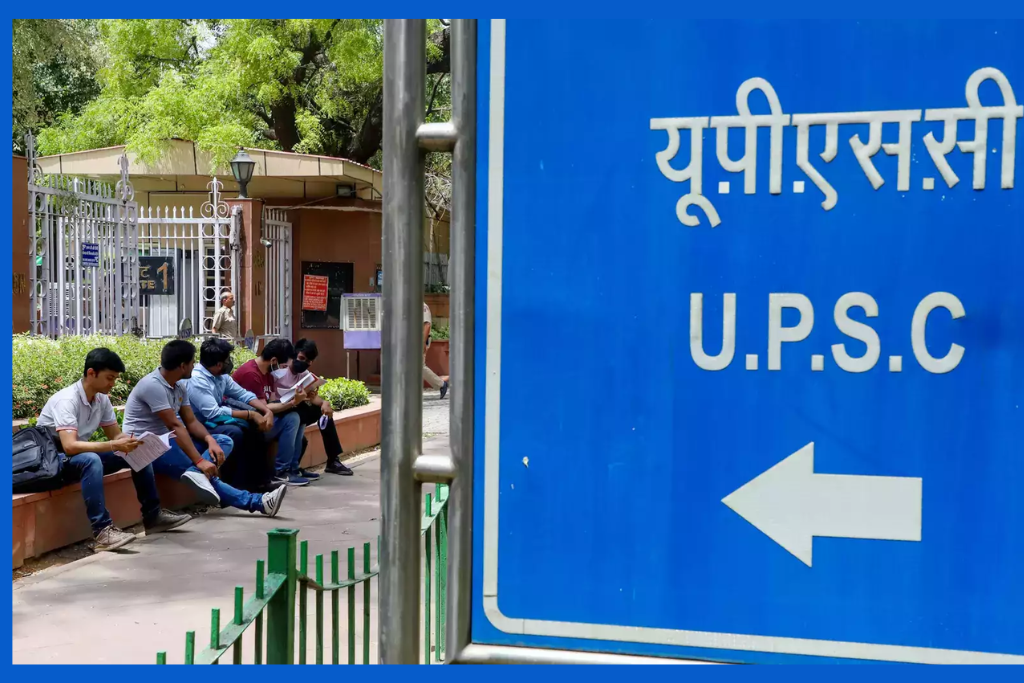Many parameters must be adhered to in order to effectively prepare for any portion of the UPSC test. This means that if you want to know how to enhance your English for the UPSC, you must familiarize yourself with every facet of the subject. UPSC Mains Exam Paper-B includes a compulsory English Language Paper. It is one of the nine exams of the UPSC Mains; however, it is just a qualifying exam. This paper’s grade is not taken into account for establishing a student’s final ranking.
When you’re wondering how to enhance your English for the UPSC, there are a few things you may do. Some of these include reading a newspaper every day, writing consistently, communicating often, using English learning tools, improving vocabulary, and practicing letter writing.
Writing a test like the UPSC or any other is all about demonstrating your knowledge in the best possible way. Thus, writing abilities are essential. When it comes to writing, some students are excellent at studying and communicating but struggle when it comes to putting their thoughts on paper. Such pupils are unable to write well. Students who want to ace the UPSC examinations on their first try should consequently focus on spoken English for kids and writing abilities as well.Rather than just selecting the correct answer, students are required to compose and explain their own responses.
A clean, logically organized, and well-tailored response is what you should strive for in your responses. Here are some vital and useful ideas to help you prepare for the UPSC Mains test in the most effective manner.
1.The simplest of suggestions is: Read
For the UPSC test, read as much as possible to strengthen your grasp of grammar and vocabulary. Make sure you don’t stop there; broaden your reading horizons! Make use of high-quality publications from throughout the world, including books and periodicals, as well as information from the Internet. Exams are a great time to review all you’ve studied.
2.Organize Your Thoughts
What matters is how things are laid out and how they are put together. Unless you know exactly what you’re supposed to cover, you can’t simply start writing your replies. In order to make their responses more appealing, experts have advised pupils to follow a certain writing style. The most common form is, to begin with, an acknowledgment of the issue raised in the inquiry, followed by an explanation of the issue. Then, compose the necessary points and paragraphs. Give your last judgment as a way to wrap up your response. A paragraph is preferable to a series of points. Draw charts as well if necessary.
3.Maintaining Recurring Lines of Communication
A third factor that might aid in the development of English language abilities is frequent oral conversation. In order to learn the language, prevent frequent grammatical errors, and prepare for test questions, it is best to speak in English.
Doubt, reluctance, misinterpretation, and loss of points might result if students avoid speaking English throughout the test. As a result, students who are looking for advice on how to improve English for UPSC might benefit from a frequent conversation in English.
4.Don’t do cramming
You know what we’re trying to get at with this statement. In other words, don’t merely regurgitate what you’ve read in the texts. Make sure you’re fluent in the language you’re reading and writing. This will have a greater impact. Avoid seeming like a robot by not reciting passages verbatim from the text. In your own words, what you write is the most compelling, even if it’s not entirely incorrect.
5.The most important thing to work on is enhancing your language skills and vocabulary
Grammar is critical for all UPSC examinations, whether they are taken in Hindi or English. Taking anything for granted isn’t an option. You should attend writing lessons if you’re unsure whether you’re skilled at writing in the chosen linguistic medium. It is important to focus on correcting grammar and spelling issues, as well as other language-related mistakes. Error-free writing is a must. Improve your grammar and vocabulary by doing more than simply reading.
In order to do this, make sure you read from reputable sources, checkup new terms in the dictionary, and take notes. It’s also a good idea to peruse the editorial sections of major English-language publications.



